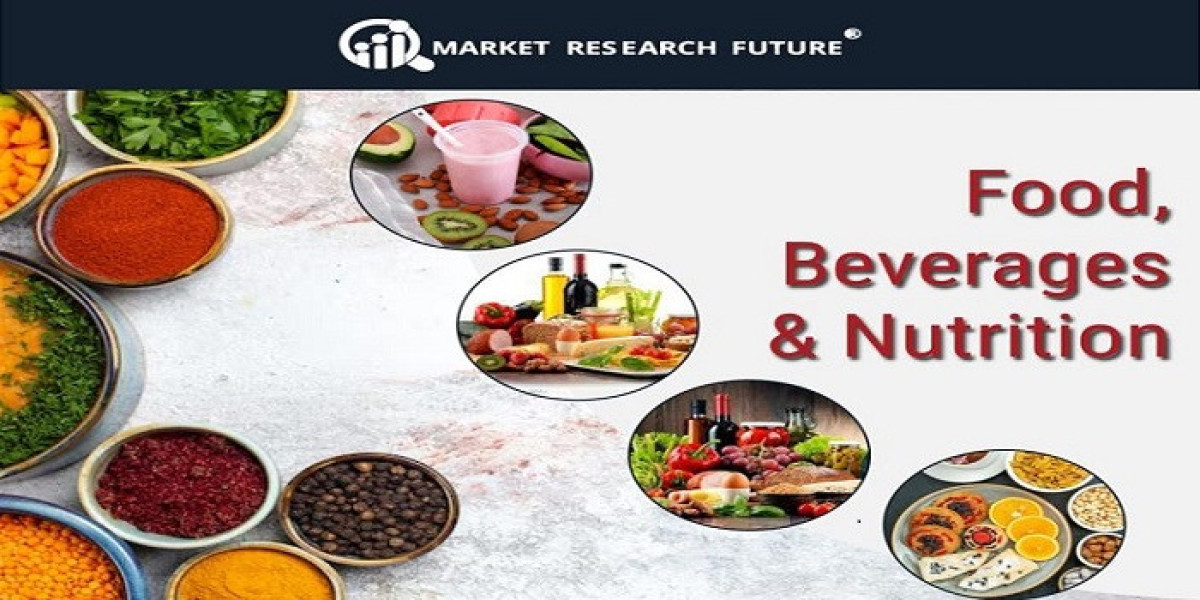For sauces, product formulation is half the battle — how you package and deliver them to consumers often determines market success. As the sauces market expands toward USD 104.96 billion by 2035, innovation in packaging and channels is accelerating.
Current Packaging & Distribution Landscape
Packaging: Bottles & jars command ~53 % share, thanks to stability, familiarity, and shelf presence.
Distribution: Store-based retail (supermarkets, hypermarkets, grocery) still dominates, with ~63 % share.
Yet, these “traditional” formats face challenges in the digital age and for convenience-driven consumers.
Emerging Packaging Innovations
Flexible packaging: Pouches, sachets, and refill packs reduce weight and cost, ideal for delivery and light logistics
Squeeze bottles, nozzles & flip tops: Improved user experience, less mess
Sustainable & recyclable materials: Eco-conscious consumers demand packaging that aligns with environment goals
Smart & interactive packaging: QR codes, recipe links, augmented reality experiences
These formats appeal to younger, on-the-go consumers and support e-commerce delivery.
Distribution Channel Evolution
E-commerce / online grocery: Growing rapidly as consumers order sauces directly
Direct-to-consumer (DTC): Brands selling via their own websites to build margin, data, and loyalty
Foodservice & B2B: Restaurants and QSR chains leverage sauces in bulk or co-brand to retail
Omnichannel strategies: Blending offline and online touchpoints
Integration & Strategy Insights
Brands should adopt packaging–channel “bundles” (e.g. pouches for online, jars for retail) to optimize cost and consumer experience. Ensuring packaging integrity for shipping is critical (leak-proof, durable). Also, tracking channel performance data helps refine SKUs and distribution.
Challenges & Considerations
Ensuring protection, shelf life, and leak prevention
Balancing sustainability with cost
Managing multiple SKUs across channels
Educating consumers on new packaging usage
Conclusion
As the sauces market marches toward a projected USD 104.96 billion, packaging and distribution innovation will be decisive. Brands that combine smart design, sustainable materials, and omnichannel reach will best capture future growth.







